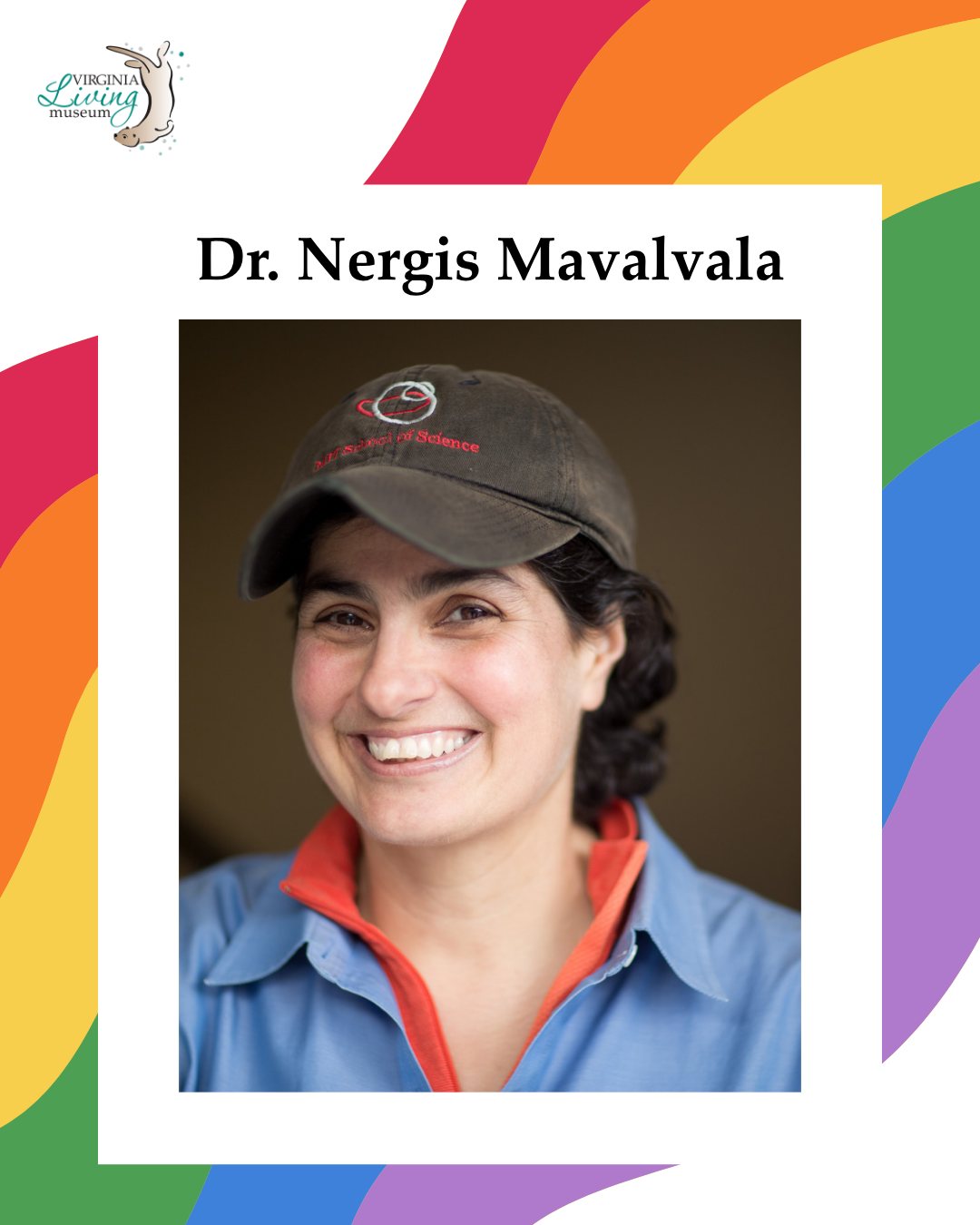- Celebrating LGBTQ+ scientists’ contributions and influence during Pride Month at the Virginia Living Museum.
- Spotlight on Dr. Nergis Mavalvala’s journey and achievements in gravitational wave research.
- The role of inclusivity and diversity in advancing scientific knowledge and innovation.
- The intersection of LGBTQ+ representation, mentorship, and wildlife conservation education.
- Impact of diverse role models in inspiring future generations in STEM fields.
At the Virginia Living Museum, Pride Month is an opportunity to acknowledge the outstanding work of LGBTQ+ scientists who have made significant strides in various fields. This celebration is more than just recognizing individual achievements; it’s about understanding the broader impact on scientific discovery and innovation. Featuring scientists like Dr. Nergis Mavalvala serves not only to honor her personal journey but also to highlight the progress and challenges within the scientific community.
Dr. Nergis Mavalvala’s story is one of resilience and inspiration. Born in Pakistan, she faced considerable challenges, both cultural and academic, which she overcame through perseverance. Her journey to the Massachusetts Institute of Technology (MIT) was marked by multiple setbacks, including failures in her PhD candidacy exams. However, these obstacles did not deter her. Instead, they fueled her determination to contribute to pioneering research. Her work in astrophysics, specifically gravitational wave research, played a pivotal role in the groundbreaking discovery that led to the awarding of the 2017 Nobel Prize in Physics.
As a dean at MIT, Dr. Mavalvala mentors others, breaking down barriers and dismantling stereotypes. Her leadership reflects a commitment to fostering an environment where diversity in science is not an exception but the norm. This inclusive approach not only enhances the scientific community but also enriches educational experiences at institutions like the Virginia Living Museum.
The intersection of LGBTQ+ representation and wildlife conservation is also a significant topic at the museum. By showcasing diverse scientific contributions, the museum emphasizes the importance of inclusive environmental stewardship. Representation matters immensely in conservation efforts, as diverse perspectives bring innovative solutions to wildlife management challenges.
Mentorship and visibility play crucial roles in inspiring future generations. By spotlighting figures like Dr. Mavalvala, the museum aims to empower young people from all backgrounds to pursue careers in science, technology, engineering, and mathematics (STEM). This visibility helps dismantle stereotypes and demonstrates that excellence in science knows no bounds.
Through educational programs, the Virginia Living Museum connects visitors with the wonders of natural science and the vital work of inclusive scientists. By learning about diverse contributions to fields like astrophysics and conservation, young visitors can better appreciate the interconnectedness of all scientific disciplines and the importance of diversity in achieving scientific breakthroughs.
In conclusion, the celebration of Pride Month at the Virginia Living Museum is about more than recognition. It’s about understanding how diversity propels innovation and fosters an environment where science thrives. By encouraging inclusivity and spotlighting role models, the museum not only honors the achievements of LGBTQ+ scientists but also embodies a commitment to shaping a future where every individual has the opportunity to contribute to and benefit from the scientific endeavor.
*****
Source Description
🌈 It’s Pride Month!
At the Virginia Living Museum, we celebrate and recognize the incredible contributions of LGBTQ+ scientists who are breaking barriers, advancing knowledge, and inspiring future generations. Each week this month, we’re spotlighting a different scientist whose work and story make science more inclusive and extraordinary for everyone.
This week we’re recognizing Dr. Nergis Mavalvala! Originally from Pakistan, Dr. Mavalvala overcame multiple failures on her PhD candidacy exam at MIT to contribute to groundbreaking gravitational wave research that earned the 2017 Nobel Prize in Physics. As a Dean of MIT’s School of Science, she actively works to break stereotypes and mentor others in astrophysics.


